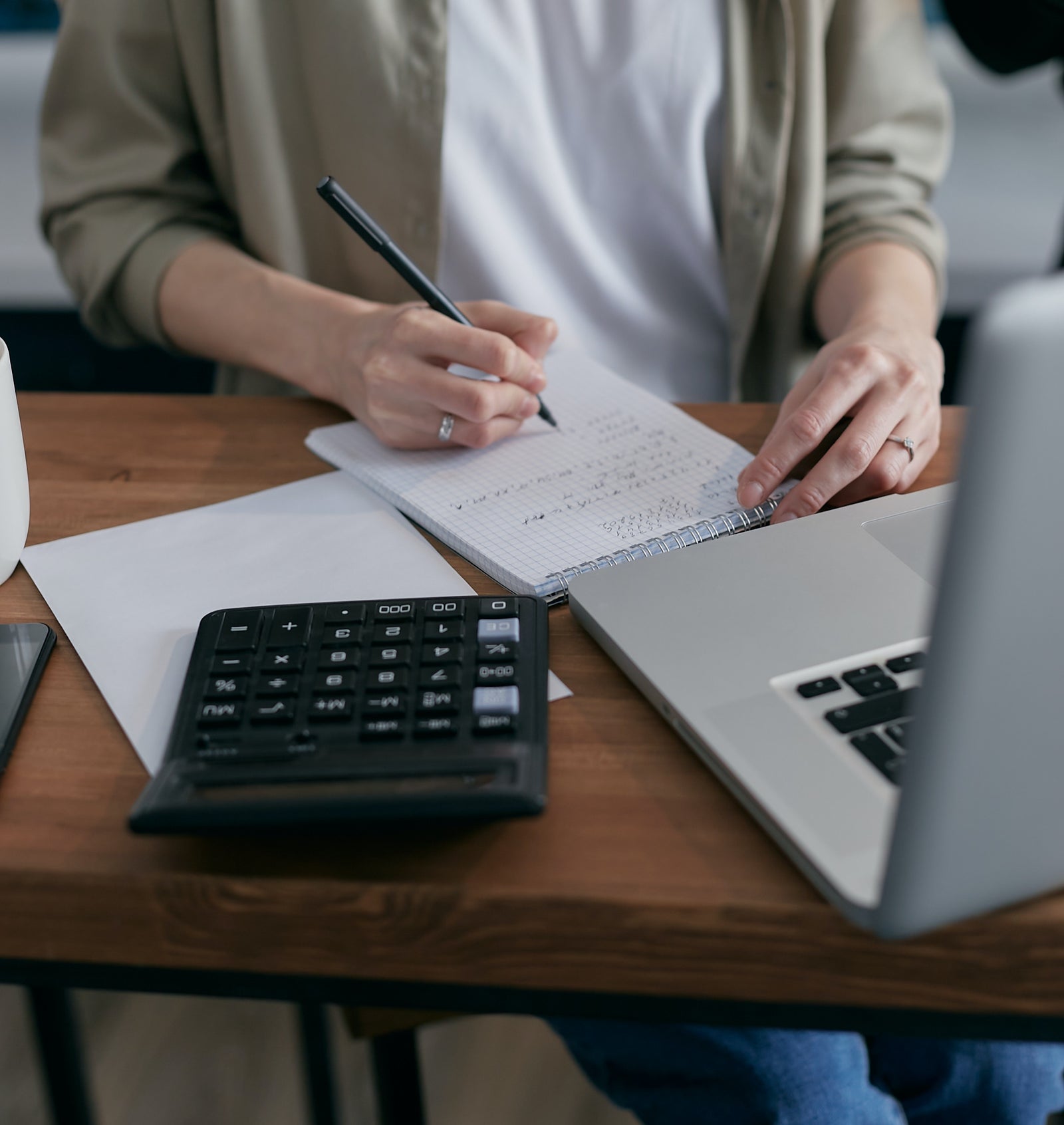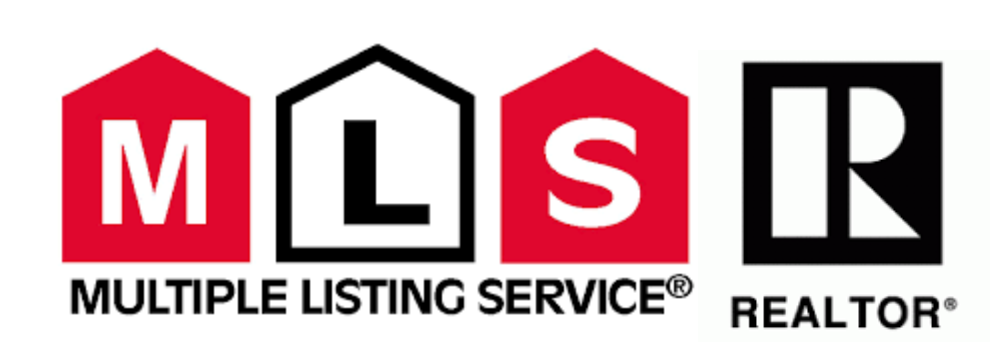
Imagine that you’ve found your dream home, negotiated the perfect price, and eagerly awaited the keys. But just as you’re getting ready to celebrate, you’re hit with many fees and costs that seem to have come out of nowhere. It’s easy to get caught up in the excitement, only to be surprised at the end by the many expenses you didn’t anticipate. Here’s a look at what closing costs you can expect when buying a home and some of the tools to handle these last steps like a pro.
Home Inspection to Identify Potential Issues
You might think, “Hey, if I want to save time and money, I will just have my friend do a quick walkthrough.” Well, not so fast! A trained and certified home inspector knows how to look for problems you or your friend might miss. Plumbing and electricity are two essential parts of a home that inexperienced buyers often miss when casually looking around. Over time, even small leaks can cause water damage and mould growth. When outlets or switches don’t work, it could mean that there are problems with the wiring, increasing the risk of electric shock.
Appraisal to Secure a Mortgage
As a homebuyer, you usually have to pay for an appraisal. It is often a requirement by the mortgage lender to ensure that a property of appropriate value backs the loan. A standard residential appraisal will cost anywhere from $300 to $500. If the appraised value is less than the agreed-upon purchase price, the lender may not give the loan or ask for a bigger down payment. Expect to pay the fee at the time of the appraisal. Sometimes appraisals take longer than expected because of scheduling problems or issues finding similar properties.
Real Estate Lawyer Services
Fees for a real estate lawyer are a closing cost you can expect when buying a home because they are a key part of ensuring that the transaction goes smoothly and follows the law. Real estate transactions involve complex legal documents and procedures that require a thorough understanding of property law. A real estate lawyer conducts a title search to confirm that the seller has the legal right to sell the property and to look for any outstanding liens (debts), mortgages, or other encumbrances. They also handle the registration of the transaction with the government so that the process goes smoothly for all. Mortgage Default Insurance is a type of insurance that protects Canadian mortgage lenders against the risk of borrowers not making their mortgage payments. This insurance is usually needed when a buyer’s down payment is less than 20 per cent of the property’s price. When a borrower can’t make a 20 per cent down payment, there is an increased risk of being unable to pay back their mortgage. Mortgage Default Insurance protects lenders from this risk. The premium is usually based on the size of the down payment and is calculated as a percentage of the loan amount. The smaller the down payment, the higher the premium rate.
Other Prepaid Expenses
When you buy a home, the seller may have paid for services or utilities beyond the closing date. So that everything is fair, you’ll have to pay the seller back for your “share” of these costs. An essential step in a real estate transaction’s closing process is the creation of the Statement of Adjustments by a real estate attorney. It lets everyone know what their financial responsibilities are. This includes any costs the seller has already paid for, like property taxes, utility bills, or condo fees, which the buyer needs to pay back. The buyer and seller must review it carefully to ensure all the numbers are correct.
Renovations and Repairs
When you move into a new home, you may need to take care of a few common repairs. Even though the property’s condition will vary, it’s always a good idea to plan for repairs or upgrades that may come up unexpectedly.
Purchasing a home can be overwhelming. I can help walk you through it. If you want to chat about real estate call or text me 780-298-3637
